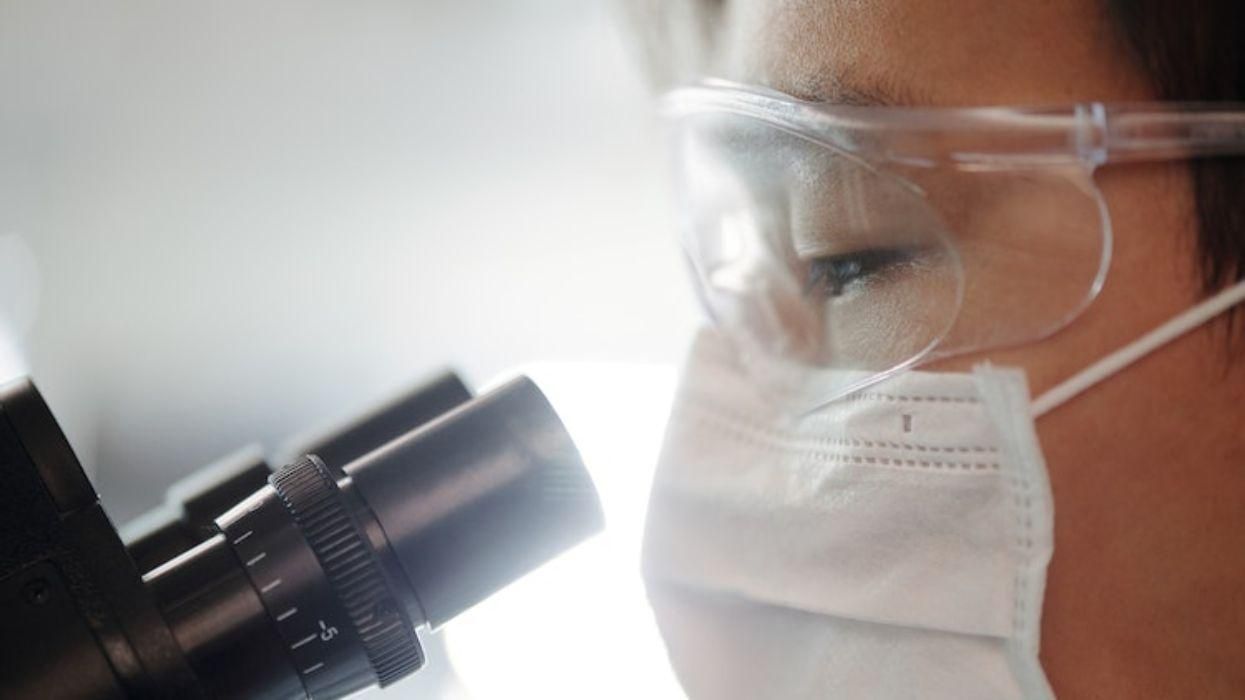A new study by Andrés Finzi, professor at the Université de Montréal (UdeM) and researcher at the CHUM Research Center, examines the efficacy of non-neutralizing antibodies against the AIDS virus.
Science Dailyreported that the study, initially published in Cell Reports, shows that humanized mice needed the viral protein Vpu to allow infected cells to eliminate the antibody-dependent cell-mediated cytotoxicity (ADCC). The non-neutralizing antibodies use this mechanism to get rid of the cells infected by the virus.
Even though millions of people living with HIV have non-neutralizing antibodies, the lack of vaccine against the virus sparked the idea for the study. The first author, Jérémie Prévost, gathered a team to study under Finzi, who is the study’s lead author and a Canada Research Chair in Retroviral Entry.
“We observed that the modified HIV-1 virus used in certain laboratory experiments does not express Vpu,” said Finzi. “However, in the naturally-occurring virus, the protein actually plays the role of a bodyguard for the infected cell. Once expressed, it allows it to replicate itself and helps it protect itself by flying under the immune system’s radar.”
Finzi’s collaborator, Priti Kumar, also conducted experiments on humanized mice at Yale University School of Medicine with similar results. The mice received non-neutralizing antibodies, and only animals infected with a virus where no Vpu was expressed saw a drop in their viral load. That contrasted with those infected by a naturally occurring virus.
Previous findings from Finzi’s team in 2013 showed infected cells are protected from the ADCC response. Under the effect of Vpu and the protein Nef, the viral envelope remained closed. When fully sheltered, no antibodies nearby can find the infected cell.
Finzi and his team believe the information from the new study can help in the development of future vaccines for HIV-1, if the findings are taken into consideration.


















































